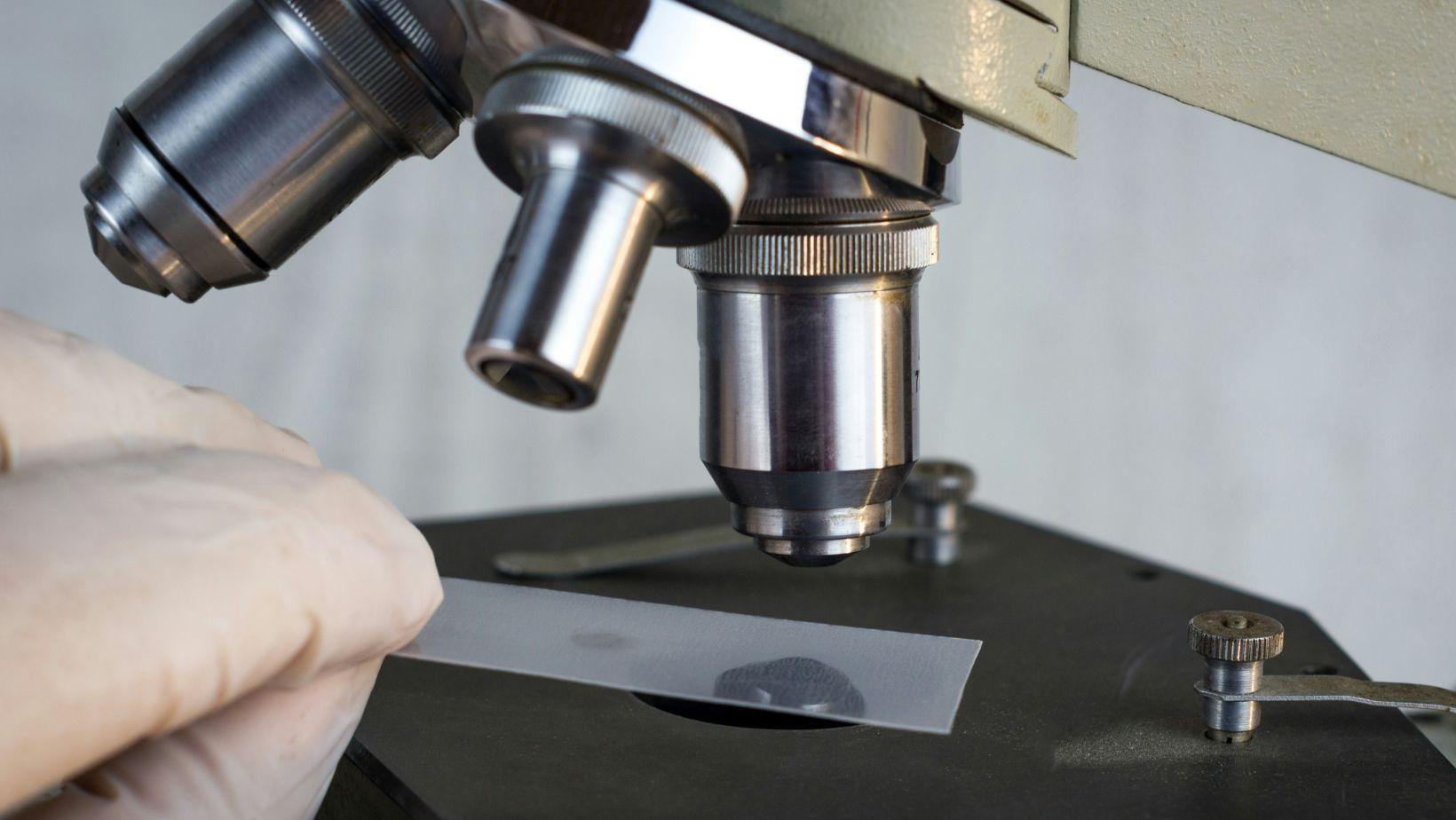Everything You Need To Know About Age Reversal

In the quest for youth and longevity, one concept that continually captures the imagination is age reversal. With advancements in science and technology, what was once considered a mere fantasy is now becoming a topic of serious scientific inquiry. In this comprehensive article, we'll explore everything you need to know about age reversal, including the latest research, potential methods, and ethical considerations.
Understanding Age Reversal
Age reversal, as the name suggests, refers to the process of reversing the biological ageing process, restoring the body to a younger state. It's a concept rooted in the field of biogerontology, which studies the biological processes of ageing. The idea is not just to extend lifespan but to enhance healthspan — the period of life spent in good health, free from the chronic diseases and disabilities typically associated with ageing.
The Science Behind Age Reversal
Scientific research on age reversal focuses on understanding the fundamental causes of ageing and how they can be manipulated. Ageing is a complex process influenced by various factors, including genetics, environment, and lifestyle. Key areas of focus in age reversal research include:
- Cellular Senescence: As cells age, they enter a state called senescence, where they no longer divide. Senescent cells accumulate with age and contribute to ageing and age-related diseases.
- Telomeres and Ageing: Telomeres, the protective caps at the ends of chromosomes, shorten with each cell division. Shortened telomeres are associated with ageing and reduced cellular function.
- Epigenetic Changes: Ageing involves changes in epigenetic markers that affect how genes are expressed. Reversing these changes could potentially reverse aspects of ageing.
- Oxidative Stress and Mitochondrial Dysfunction: Oxidative stress damages cells and is a significant contributor to ageing. Mitochondrial dysfunction also plays a critical role in the ageing process.

Current Strategies in Age Reversal
There are several strategies being explored for age reversal, each targeting different aspects of the ageing process:
- Genetic and Cellular Manipulation: This includes techniques like CRISPR-Cas9 for gene editing and therapies targeting senescent cells.
- Telomere Extension: Some research focuses on extending the length of telomeres to slow down or reverse cellular ageing.
- Stem Cell Therapy: Using stem cells to regenerate aged or damaged tissues is another promising avenue.
- Diet and Lifestyle: Interventions like caloric restriction, intermittent fasting, and exercise have been shown to influence ageing and longevity.
- Pharmaceuticals and Supplements: Certain drugs and supplements are being investigated for their potential to slow ageing or reverse its effects.
Age Reversal in Practice: Lifestyle and Dietary Factors
Although high-tech interventions for age reversal are still under development, certain lifestyle and dietary choices have been shown to impact the ageing process. These include:
- Balanced Diet: A diet rich in antioxidants, vitamins, and minerals can combat oxidative stress and inflammation, two key contributors to ageing.
- Regular Exercise: Physical activity is known to improve mitochondrial function, reduce the risk of chronic diseases, and potentially slow ageing at the cellular level.
- Stress Management: Chronic stress can accelerate ageing, so managing stress through practices like mindfulness, meditation, or yoga can be beneficial.
- Adequate Sleep: Good sleep hygiene is crucial for cellular repair and overall health, impacting ageing.
The Future of Age Reversal Research
The future of age reversal research is incredibly exciting, with several promising areas of exploration:
- NAD+ Boosters: Compounds that increase levels of NAD+ in the body are being studied for their potential anti-ageing effects.
- Senolytics: Drugs and supplements that target and eliminate senescent cells to improve health and potentially extend lifespan are under investigation.
- AI and Ageing: Artificial intelligence is being used to accelerate ageing research, from drug discovery to understanding the complex biology of ageing.

Success Stories and Cautionary Tales
While some studies and experiments have shown promising results in age reversal, it's essential to approach these with a critical eye. Many studies are conducted on animals and may not translate directly to humans. Furthermore, the field is ripe with over-hyped claims and unproven therapies, so it's crucial to rely on scientifically validated information only.
Conclusion
Age reversal represents a frontier in science that holds the promise of not only extending lifespan but improving the quality of life in later years. While significant progress has been made, the field is still in its infancy, with much to learn about safely and effectively reversing the effects of ageing. As research continues to evolve, it may soon transform our understanding and approach to ageing, potentially leading to groundbreaking therapies that could benefit humanity. However, it is crucial to proceed with caution, considering the ethical, social, and health implications of such profound advancements in human biology.



